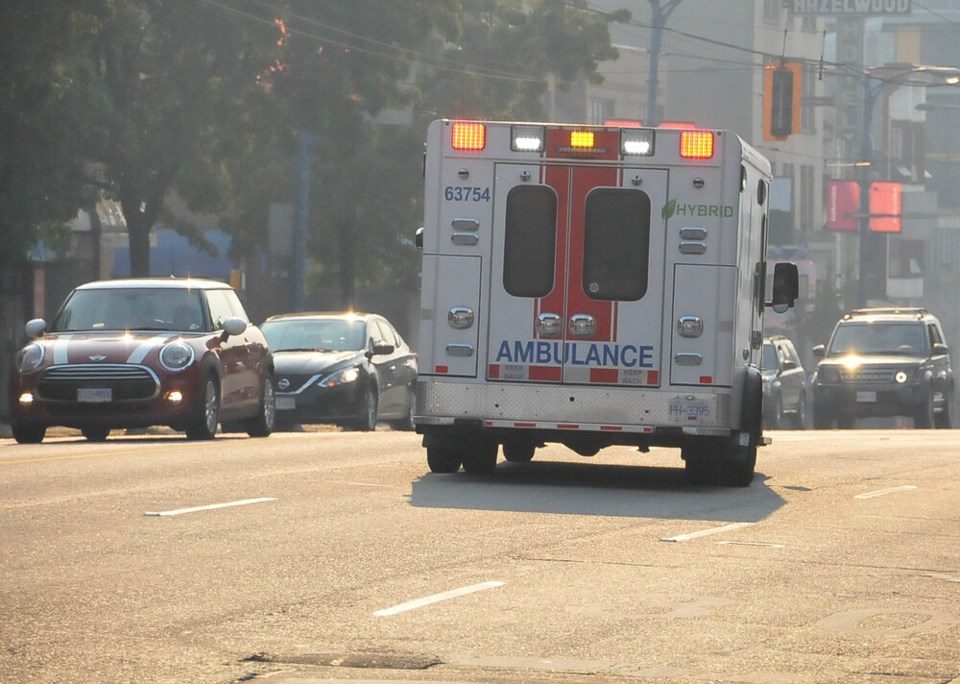British Columbians living with schizophrenia saw a three-fold increase in deaths during the 2021 heat dome, a new study has found.
Roughly 740 people are thought to have died due to the heat dome. However, those living with chronic disease faced a hefty toll, according to the study led by researchers at the BC Centre for Disease Control (BCCDC) and published in GeoHealth Wednesday.
Michael Lee, a BCCDC epidemiologist and lead author of the study, said schizophrenia, and severe mental illness in general, haven't been traditionally recognized as an important risk factor for dying during extreme heat events. This, he says, is one of the first studies to shed light on the deadly trend.
"Our most striking and surprising finding was that the risk of death among those with schizophrenia more than tripled during the extreme heat event as compared to more typical summer weather," said Lee in an interview.
More than 60 per cent of deaths during the heat wave occurred in Metro Vancouver. The BC Coroners Service and past studies from the BC Centre for Disease Control have previously said the hardest hit included older people, those with disabilities, and residents living in neighbourhoods with higher levels of deprivation and fewer green spaces.
The latest study compared more than 1,600 deaths during the 2021 heat wave with more than 6,500 deaths recorded on the same dates in 2012 and 2020. The researchers then looked at 26 chronic diseases to find out how they were associated with death during the heat wave.
People were found to be at higher risk of death if they used substances or suffered from heart disease and chronic obstructive pulmonary disease.
The odds of dying during the heat wave were significantly higher for people with chronic kidney disease, depression and diabetes.
"Schizophrenia was most strongly associated with a higher risk of death during the [extreme heat event]," added the researchers.
How mental illness increases the risk of death during a heat wave is not clear, wrote the authors. Lee said past investigations have suggested people with schizophrenia could be more vulnerable because of antipsychotic medications — important drugs that help people manage a complex disease. The medications can sometimes impact the body's ability to thermoregulate, and "some people with schizophrenia may lack insight into their health status, and thus may not perceive and respond to overheating," wrote the researchers.
At the same time, the researchers said those with schizophrenia face "stigmatization, social isolation, economic marginalization, and coincident substance use disorder." Each condition has been found to increase the mortality risk during a heat event.
Lee said no one risk factor explains the deaths seen during the heat wave. Mental health, poverty, age, social isolation and poor access to green spaces are all "very likely to be intertwined and overlapping with one another."
The epidemiologist said the whole idea of the study was to figure out who is most at risk, so authorities, family, friends and neighbours we can prepare for the next time a major heat event hits the region — something that's expected to become more frequent and more severe in the coming decades due to climate change.
"Many of us know people in our lives who do have mental health conditions," said Lee. "And I think it's really important for people to connect with them before extreme heat events happen, to see if those people understand that they might be at increased risk, to see if they have a plan in place for staying cool."
And when temperatures climb, "check in on them," he added.




